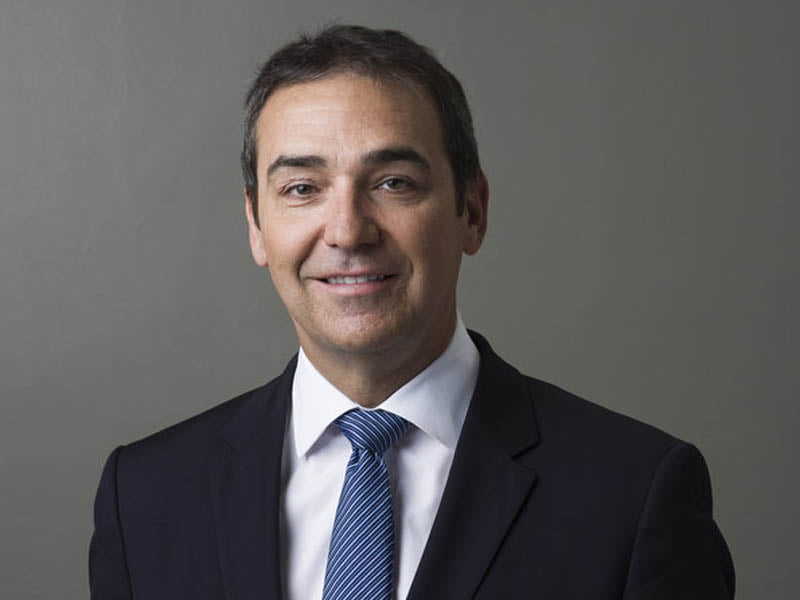The South Australian Liberal Party has heralded a “new dawn” in the state with a decisive election win over the Labor government, which has been in power for the last 16 years.
Based on election commitments, the transition should be steady-as-she-goes for tech and innovation.
Labor Premier Jay Weatherill conceded defeat on Saturday night, with the Liberal Party set to win the required 24 seats to form the state government. Labor looks likely to pick up 18 seats.

The incoming Liberal government will now look to deliver on its election promises. Its innovation-focused promises that will now be implemented include a $27.5 million innovation hub in Adelaide, a new startup visa and the scrapping of the payroll tax for small businesses.
The Opposition focused its election campaign on jobs and reducing red tape for businesses, and leader Steven Marshall said the win marked a “new dawn” in South Australia.
“We wanted a majority government and the people of South Australia gave us that. A massive thank you to the people of South Australia who have put their trust, their faith in me and the Liberal team for a new dawn, a new dawn for South Australia,” Mr Marshall said.
“We’re going to lower people’s taxes, we’re going to lower their cost of living, and we’re going to create more jobs in this state.”
The Liberals made a big pitch to the state’s startup community two weeks before the election, with an aim to make South Australia the startup capital of the country within ten years.
Mr Marshall did not have a shadow minister for innovation, but his industry shadow Corey Wingard said the plan centred on efforts to stem the brain drain of talent from the state, a new innovation precinct, and a startup visa.
“We want Adelaide to become the business startup capital of Australia, and we have a plan to keep our best and brightest from leaving South Australia, and to attract more interstate and overseas businesses to set up in Adelaide,” Mr Wingard said.
“Young South Australians are leaving in droves for greener pastures interstate after they finish school or university and it’s damaging our state’s prosperity.
“We have a strong plan to turn this around and it begins by making South Australia a more attractive place to do business which will create more job opportunities for young Australians.”
The Liberals have promised to establish a new innovation, incubator and startup hub at the old Royal Adelaide Hospital site, and to increase StudyAdelaide’s annual funding to $2.5 million.
It will also abolish payroll tax for small businesses in the state.
Last week Mr Marshall also secured a deal with the Federal government to pilot a new startup visa in the state.
The temporary startup visa does not require financial backing, unlike the Entrepreneur Visa, and is for entrepreneurs looking to “take forward an innovative idea with a supporting business plan”.
Individuals that create a successful business in the state as a result of the visa would become eligible for permanent residency.
The pilot program in South Australia had been conditional on the Liberals winning the election, and is set to be rolled out nationally next year.
Premier Weatherill said on Sunday that he would resign as Labor leader, but serve on the backbench in opposition.
His government’s innovation push had a specific focus on renewable energy, tech companies, and the burgeoning space sector. He had also leveraged the federal defence spend, invested in gigabit fibre, and sought to attract advanced manufacturers to the state.
Last year Mr Weatherill landed a highly publicised partnership with Tesla founder Elon Musk to build the world’s largest lithium-ion battery in the state to stores solar energy to support the electricity grid. This was completed last year ahead of schedule.
It had also planned to build a “virtual power plant” with a network of 50,000 battery storage units in homes around the state, using solar panels and Tesla batteries. The Liberals had a similar scheme covering 40,000 homes in the state.
The Labor government also launched its $50 million venture fund last year, with Blue Sky Venture Capital appointed to run it.
Its election campaign also focused on innovation and startups, with an emphasis on education.
The Labor Party had pledged to provide nearly $7 million for coding to be taught in all public schools, $70 million to provide laptops to all students in Year 10 and above, and to improve broadband speeds in schools.
Mr Weatherill conceded on election night that it was also going to be an uphill battle to secure a fifth term for Labor.
“I feel like a horse that’s won four Melbourne Cups and the handicap has just been put up,” he said.
Do you know more? Contact James Riley via Email.

